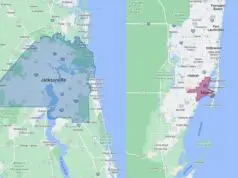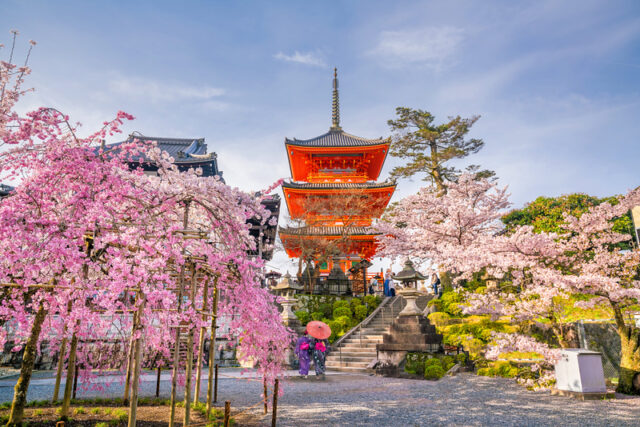
Japan, with its rich cultural heritage, stunning landscapes, and unique experiences, is a dream destination for many travelers. From the bustling streets of Tokyo to the serene temples of Kyoto, there’s something for everyone to explore in this captivating country. However, before you embark on your Japanese adventure, it’s crucial to understand the costs associated with such a trip and how to budget effectively. In this article, we’ll break down the expenses you can expect when traveling to Japan and provide you with insider tips on how to make the most of your budget.
Booking a flight to Japan
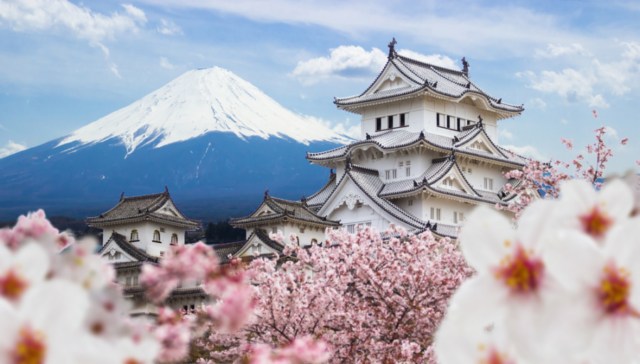
Your journey to Japan usually starts with booking a flight. The cost of airfare can vary significantly depending on your departure city, the time of year, and the airline you choose. Generally, flying during the off-peak season, which is from late autumn to early spring, can help you save on airfare. Keep an eye out for deals and promotions from airlines or consider using frequent flyer miles if you have them. On average, you can expect to spend anywhere from $600 to $1,200 for a round-trip ticket to Japan. If you have decided to take a flight to Japan, check out Go International Travel.
Accommodation Options and expenses
Accommodation expenses in Japan can vary widely, depending on your preferences and the level of comfort you desire. Budget-conscious travelers can opt for hostels, capsule hotels, or guesthouses, which can cost as little as $30 to $60 per night. Mid-range hotels and traditional ryokans offer more comfort and cultural experiences but can range from $100 to $300 per night. High-end luxury hotels come with a price tag starting from $300 per night and can go up significantly from there.
Food and Dining Experience
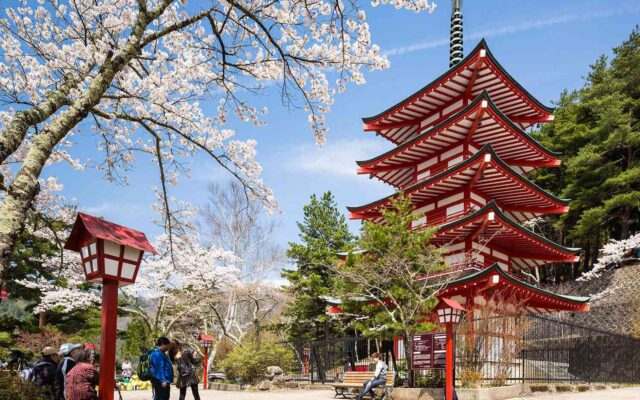
Japanese cuisine is a significant draw for many visitors. While dining in Japan can be a culinary delight, it’s essential to budget wisely. Street food and local eateries are budget-friendly, with dishes like ramen, sushi, and tempura ranging from $5 to $15 per meal. Dining at mid-range restaurants may cost between $20 and $50 per person, while upscale dining experiences can exceed $100 per person. To save on food expenses, consider trying the Japanese “konbini” (convenience stores) for affordable and tasty options.
Transportation Within Japan Cities
Once you’ve arrived in Japan, you’ll need to get around the country. Japan boasts an efficient and extensive transportation system, including trains, buses, and subways. The Japan Rail Pass, available for tourists, can provide significant savings on train travel. Depending on your itinerary, a 7-day pass can cost around $265. Local transportation in cities like Tokyo and Kyoto will require additional fares, so budget accordingly.
Sightseeing and Activities

Exploring Japan’s attractions and engaging in various activities can significantly impact your budget. Entrance fees to temples, shrines, museums, and cultural sites can range from a few dollars to $20 or more. Activities such as a traditional tea ceremony, sumo wrestling matches, or a visit to an onsen (hot spring) may come with higher price tags. Plan your itinerary carefully and prioritize the activities that interest you the most.
Shopping
Japan is known for its unique shopping experiences, from bustling markets to high-end boutiques. Budget travelers can find affordable souvenirs and gifts at markets and street vendors, while luxury shoppers can explore the upscale districts of Ginza in Tokyo or Shinsaibashi in Osaka. Set a shopping budget in advance to avoid overspending on tempting finds.
Miscellaneous Expenses
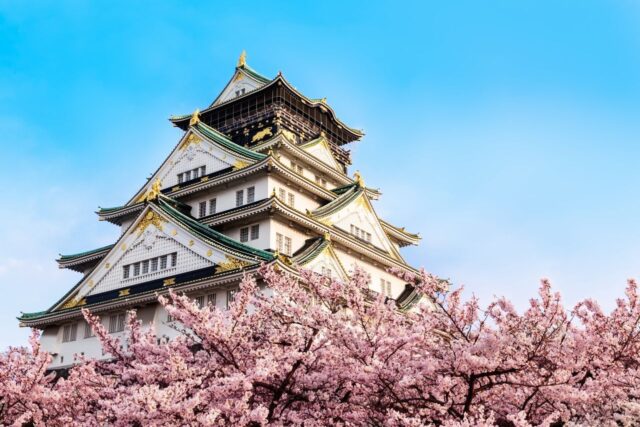
Don’t forget to account for miscellaneous expenses such as travel insurance, SIM cards or pocket Wi-Fi rentals, and any unexpected costs that may arise during your trip. Travel insurance is essential for peace of mind and can cost around $50 to $100 for a two-week trip. A SIM card or pocket Wi-Fi rental will help you stay connected and can cost between $30 to $80, depending on the duration of your stay.
Currency Exchange
Japan’s currency is the Japanese Yen (JPY). It’s essential to exchange your currency for JPY upon arrival. While airport currency exchange services are convenient, they often offer less favorable rates. Consider using local banks or currency exchange offices in the city for better rates. Be aware of any transaction fees your bank may charge for international withdrawals or credit card use.
Embrace Free and Low-Cost Attractions

While Japan offers a myriad of paid attractions and experiences, don’t overlook the wealth of free and budget-friendly options available. From picturesque parks and scenic viewpoints to historic neighborhoods and local festivals, Japan has plenty to offer without breaking the bank. Explore these hidden gems to enrich your travel experience while staying within your budget.
Budgeting Tips for Traveling in Japan
Now that you have a better understanding of the expenses involved in traveling to Japan, let’s explore some insider tips for budgeting your journey:
Plan Ahead: Research your destinations and activities in advance, so you have a clear idea of potential costs.
Use Public Transportation: Japan’s public transportation system is efficient and cost-effective. Consider purchasing transportation passes or cards for additional savings.
Eat Like a Local: Embrace street food and local eateries for affordable and delicious meals. Look for “set menus” for even better value.

Stay in Budget Accommodations: Opt for budget-friendly accommodation options like hostels and guesthouses. Book in advance to secure the best deals.
Limit Splurges: While it’s tempting to indulge in luxury experiences, set a limit on how often you’ll do so to keep your budget in check.
Shop Smart: Look for sales, discounts, and tax-free shops. Don’t forget to claim your tax refund on eligible purchases at the airport.
Monitor Expenses: Keep track of your spending throughout your trip to ensure you stay within your budget.
End Note2
In conclusion, visiting Japan can be an enriching and memorable experience, and with proper budgeting, it’s within reach for travelers of various financial means. By planning ahead, making informed choices, and embracing the local culture, you can enjoy all that Japan has to offer while keeping your expenses under control. So, start planning your Japanese adventure today and make your dream trip a reality!

